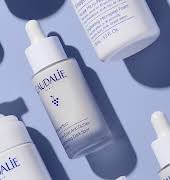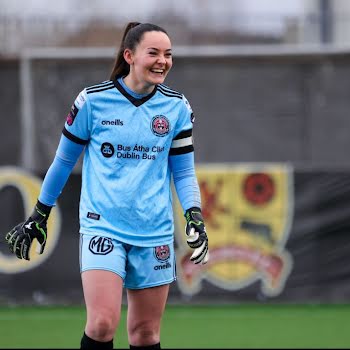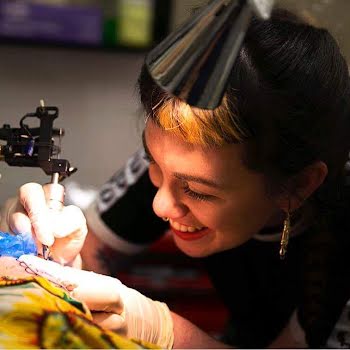Ask the Doctor: ‘My husband has had a number of skin cancers removed, and is due to get a mole checked — Is radiation therapy an option?’
By Sarah Gill
29th Aug 2023
29th Aug 2023
All your burning health questions answered by the professionals.
“I have been reading recently about radiation therapy for the treatment of skin cancer. My husband spent many years as a sun worshipper and has had a number of skin cancers removed over the years as a result. He is currently due to get his next mole check and we are fairly sure he will need things removed again. Can we ask about radiation therapy for him rather than more surgeries to cut the areas out? Is this treatment suitable for everyone or only for some? Thank you.”

Answer from Dr Siobhra O’Sullivan, Consultant Radiation Oncologist, Beacon Hospital.
Skin cancer affects many people in Ireland – in fact over 13,000 cases are diagnosed each year and the number is expected to double by 2040. Nine out of ten cases of skin cancer are as a result of skin damage from UV radiation from the sun or sun beds.
The most common types of skin cancer are basal cell carcinomas (BCC) and squamous cell carcinomas (SCC). The majority of these are caught early and can be successfully removed with surgery. However, it is important to know that there are several treatment options available.
Radiation is an effective non-invasive way to treat skin cancers using carefully targeted high energy X-rays. It can be used as an alternative to surgery, usually in patients over 50 or 60 years old. Radiation can be used when a cancer occurs on a cosmetically or functionally sensitive part of the face such as the eyelid, nose or lip; or for patients who either decline surgery or in whom surgery is deemed too risky.
For small superficial skin cancers, radiation is as effective as surgery and is over 90 percent successful at eradicating the cancer. Superficial radiotherapy machines, such as the SRT-100 which we use, means that doctors can treat early skin cancers safely and non-invasively with minimal side effects and excellent cosmetic results. Occasionally, changes in the treatment area may develop with time after radiation. This includes spider veins, altered pigmentation, scarring (called fibrosis), and a minor risk of developing an additional cancer in the treatment area, which is why radiation is not normally recommended for young people.
For more aggressive or advanced skin cancers, a combination of surgery followed by a course of radiation (known as “adjuvant” treatment) may be required to reduce the chance that a “high risk” skin cancer might return in the future. This type of radiation is usually delivered using a large machine called a linear accelerator. As this treatment is usually quite complex and can be near sensitive areas such as the eye, we can use cutting edge technology (known as Volumated Modulated Arc Therapy, VMAT) to carefully target the radiation while minimising the exposure of normal healthy cells nearby.
Whether radiation is used for an early skin cancer or for a more advanced case, each treatment program is specifically designed for the type and location of cancer. Patients attend for treatment as an outpatient, with each session lasting approximately 15-20 minutes. The treatment program may be completed in as few as 5 sessions, but may require up to 30 sessions for more complex cases.
If you wish to know more about radiation or if it is a treatment option for you the first step would be to discuss this with your treating doctor who can refer you on for an assessment.
Have a question for the professionals you’d like answered? Get in touch with [email protected] with the subject headline ‘Ask The Doctor’.



















